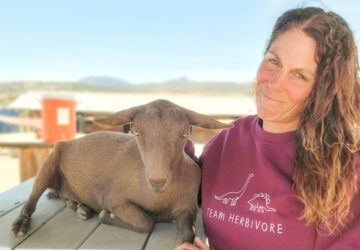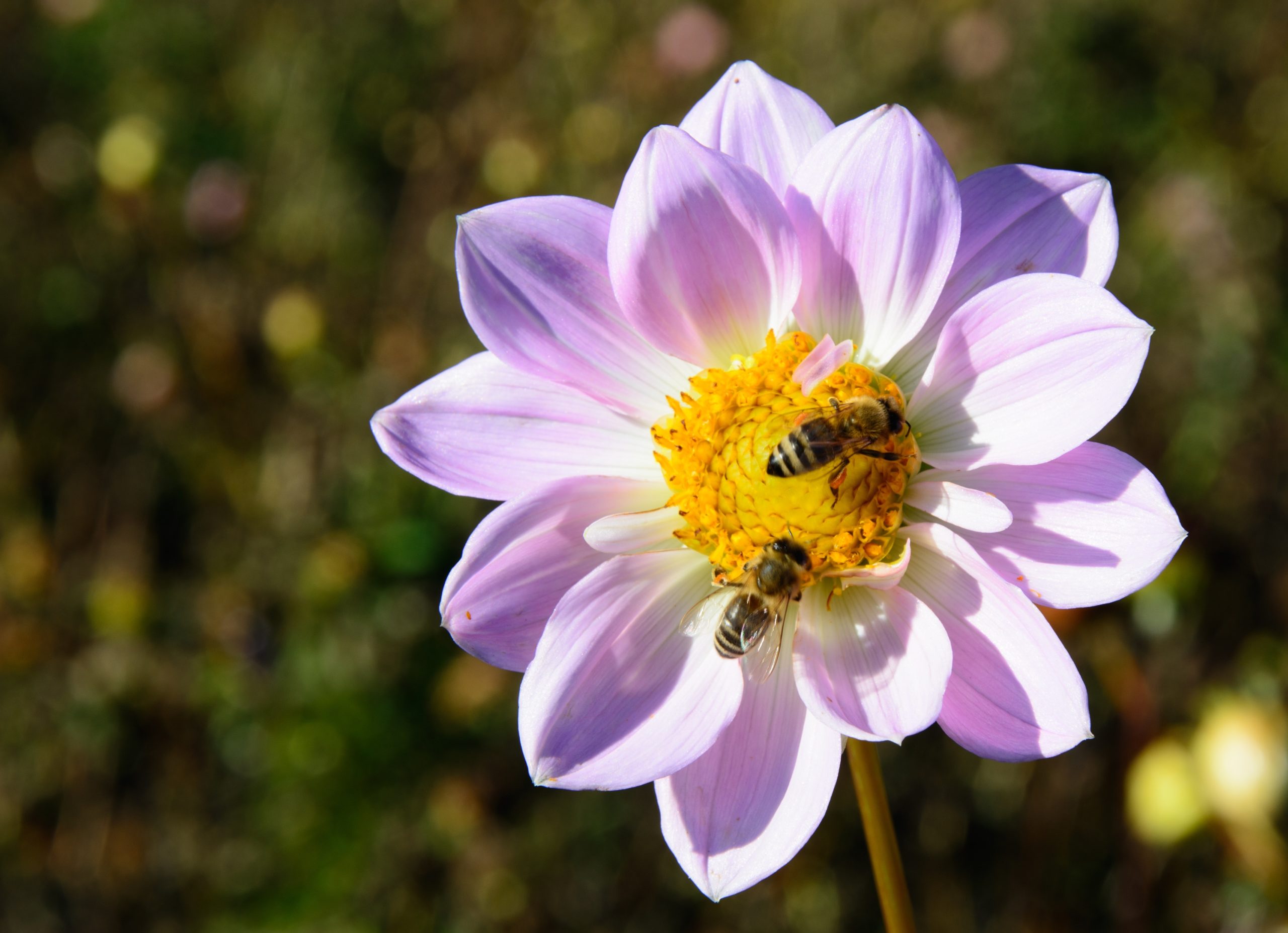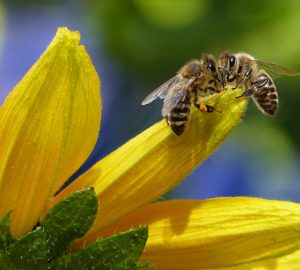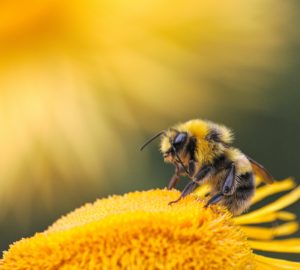With all the talk of Asian giant hornets (also dubbed “murder hornets”) buzzing in the headlines, we thought it was appropriate to also share some love for our bee friends! Bees do SO many amazing things for others. They not only provide us with food that keeps us fueled and flowers we love to smell, but they also help our ecosystems thrive. Not to mention, they’re super quirky creatures with fascinating habits.
Unfortunately, bees have been declining since the 1940s. Why? According to Marla Spivak, an entomologist, it’s because we’ve started using synthetic fertilizers, along with herbicides to kill weeds, which bees need for survival. (To learn more about risks bees face, we recommend watching Marla Spivak’s insightful Ted Talk.)
View this post on InstagramThis #YearEndGiving season give the gift of #honeybees! https://t.co/m4qDbwqHyB
A post shared by The Honeybee Conservancy (@thehoneybeeconservancy) on
So while you may not love buzzing bees swirling in your face, they are truly unsung heroes of Mother Earth. Here are 12 reasons we love bees + tips on how we can make the world a happier place for pollinators.
12 of the many reasons we love and admire bees
1. Bees provide us with so much of the food that we love
Pollinators are responsible for one out of every three bites of food that we eat including almonds, apples, avocados, broccoli, cherries, cranberries, melons, and sweet potatoes. Can you imagine life without those ingredients? We can’t — and we don’t want to!
2. They help prevent erosion
Since pollinators help keep plant communities healthy and reproducing, they in turn also prevent soil erosion. So, in this sense, bees help prevent mudslides and floods.
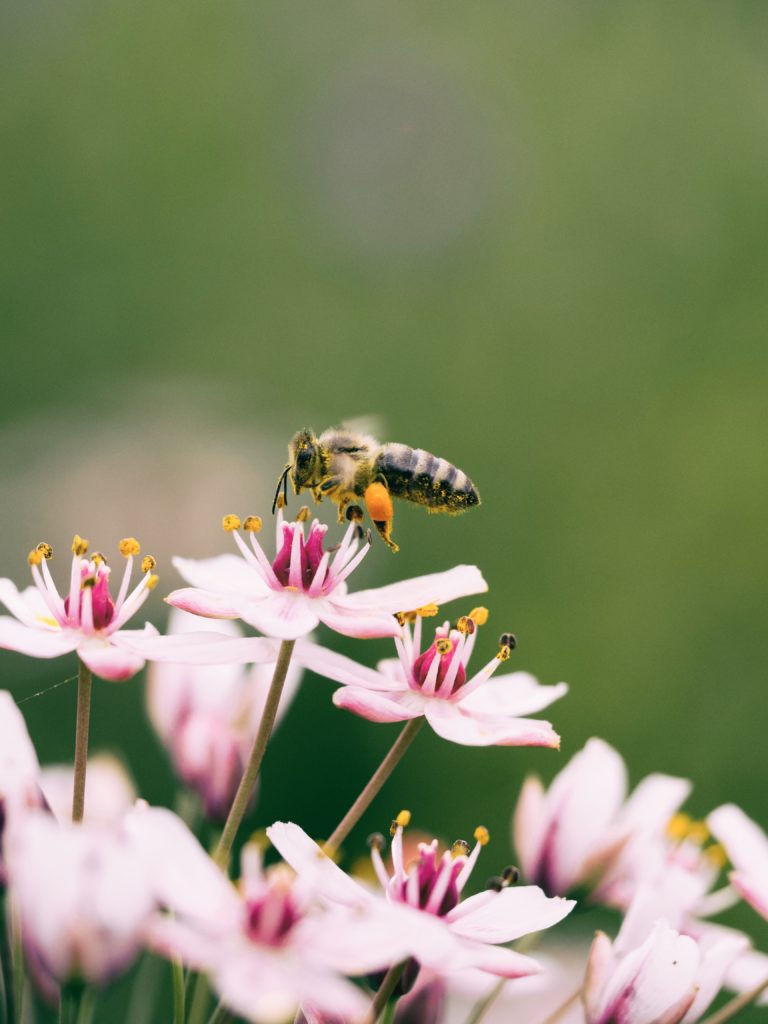
3. Queen bees are the soul of honeybee colonies
The queen is so essential, if she dies… workers will create a new queen by picking a newly-hatched bee and feeding it a special food known as “royal jelly.” This allows the larva to become a fertile queen. Fun fact: A queen bee can lay up to 2,500 eggs in a single day.
4. Love plants? Thank the bees!
About 75% of the world’s flowering plants depend on pollinators, according to the Natural Resources Conservation Service. And these plants aren’t just pretty to look at and lovely to smell, they also serve as important food sources for animals.
5. They’re major contributors to our economy
The crops dependent on pollination are worth more than $10 billion per year in the U.S., according to the USDA. And globally that number creeps closer to $3 trillion (!!!).
6. Bees have lots of personalities
With more than 20,000 species of bees on the planet, there’s bound to be some differences in personality. Some bees are solitary like leafcutters and mason bees, others are charismatic and social like honeybees. 🐝

7. Honeybees are fantastic flyers
They fly at a speed of about 15 miles per hour and beat their wings 200 times per second!
8. Bees often work together
While some honeybees clean the hive, others are foragers gathering nectar. And even though bee brains are just the size of sesame seeds, they all take on different jobs to collaborate as one sophisticated unit. (Which is more than we can say for some group projects in high school and college!)
9. Bees (typically) only sting when they feel threatened
First of all, not all bees even have stingers. But the ones that do usually only sting when they feel threatened or confused. So if you find a bee is getting too close for comfort, remember they’re likely attracted to your perfume or a color you’re wearing (thinking you may be a flower!) — and not on a mission to sting you.
10. Bees have an insanely good sense of smell
Each bee has 170 odorant receptors, which they use to communicate within the hive and find different types of flowers on their search for food.
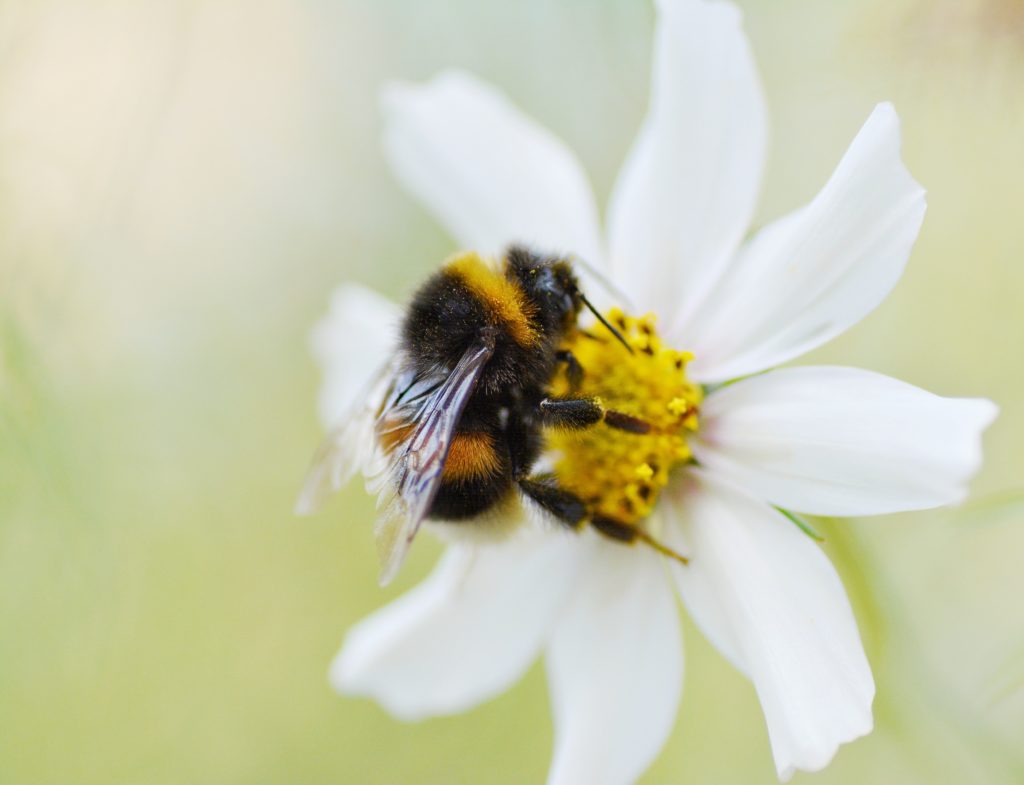
11. They help other wildlife habitats
We all know bees can create some elaborate hives, but did you know they also help build habitats for millions of other insects and animals? As pollinators, their presence is essential in the growth of forests and woodlands. Even in your own backyard, creatures like squirrels and birds depend on plants, which only exist thanks to pollinators like bees.
12. Bees are extraordinary contributors to our ecosystem
Our interconnected eco-system is dependent on bees. As pollinators, they support everything from trees, to flowers, to plants — all of which serve as shelter and food for creatures big and little.
Want to help bees? Here’s how you can do it!
1. Plant native plants
By choosing native plants in a variety of colors and shapes, you’ll help support diversity. And no matter the season, fresh blooms benefit the bees all year round!
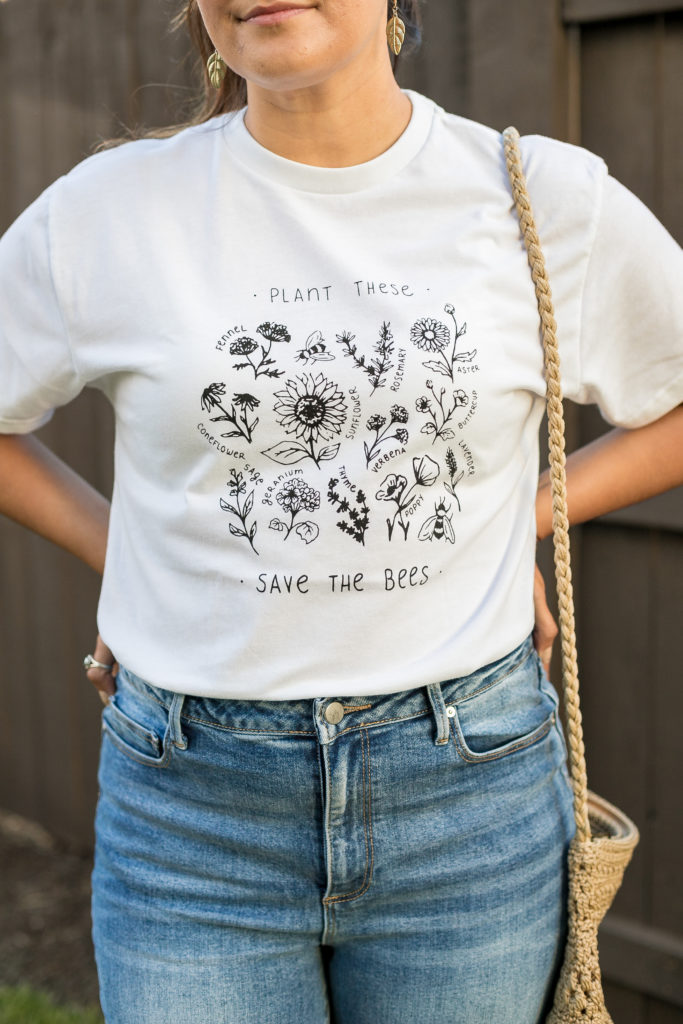
2. Build bee homes and baths
Got a spare afternoon? Make a DIY bee home. Or make a DIY bee bath to give thirsty pollinators some much-needed hydration.
3. Stop using pesticides
Weed-killers can delay flowering and reduce by the amount of flowers that plants produced, which can reduce the amount of pollinators. Read more on the issue: here.
4. Spread the word

By sharing your love of bees with others, you’ll help others see how amazing they truly are! Whether you want to strut a WC Bee Kind shirts or spread awareness on your social media, every little bit helps.
Learn about more animal friends with these reads:
- Amazing ways animals are protecting the planet
- Love rabbits? Then these 3 facts will make you obsessed!
- 4 very cool reasons to love (and protect) sea turtles



